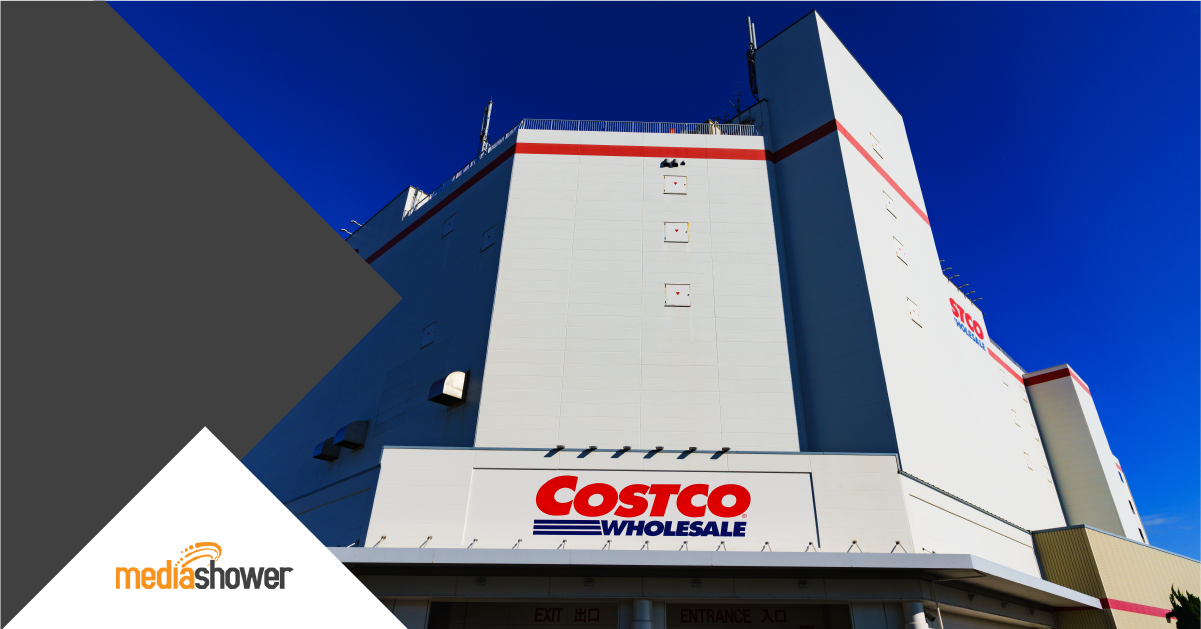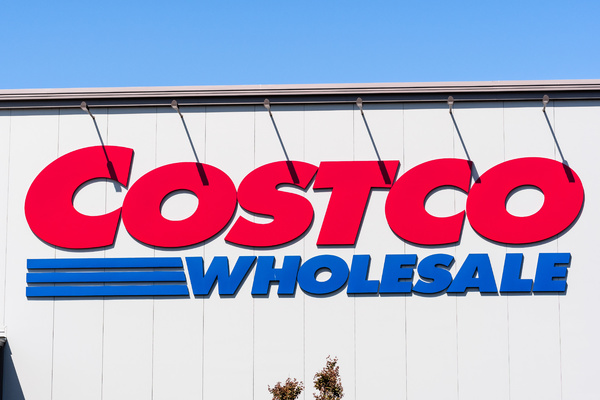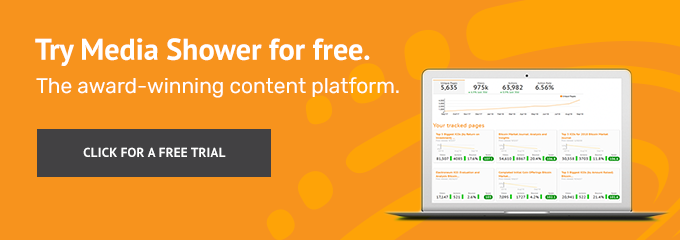
TLDR: Big box retailer Costco uses unconventional practices to take advantage of the quirks of human psychology. This keeps people coming back for more, despite ringing up huge grocery bills.
So What? Any business can take advantage of the same psychological principles to increase sales and retain customers.
Suppose you charged people money to shop at your store and made the layout confusing and items hard to find. Suppose further that you deliberately lost money on certain popular items, gave away free stuff, and let people return items whenever they wanted.
Do you think you would make any money?
Costco does exactly this, and it is the third largest retailer in the world.
Costco markets its products by embracing psychological tricks that fly in the face of conventional economic wisdom. Some of the techniques include:
- Loss leaders
- Membership fees
- Free samples
- Guaranteed returns
- Irregular stocking
This strategy works. In 2021, Costco generated over $141 billion.
Loss Leaders
Costco has a food court, which is a bit unusual for a grocery store, but that’s not what sets it apart. What does is that the food court sells hot dogs for $1.50, and that price hasn’t changed since 1985.
With all the recent news about runaway inflation, it can be hard to believe that Costco sells a product for the same price it had during the Reagan years. Why would it do that?
The hot dogs are “loss leaders.” A loss leader is a product that a merchant deliberately takes a loss on to entice customers to come in and buy other items.
Long-term loss leaders like Costco’s hot dogs help in several ways:
- They attract customers who buy other products.
- They make Costco feel consistent and reliable.
- They let customers know they are always getting a deal.
Membership Fees
You pay a fee to join a gym so you can get fit, but who pays a fee to a grocery store just so they can eat?
Conventional economics would predict Costco would fail for charging $60 a year for customers to shop there. After all, that basically amounts to a price increase on all purchases, giving them a disadvantage compared to competitors.
However, human psychology doesn’t always follow conventional economics. In this case, the membership fee actually makes people buy more because of the sunk cost fallacy.
The sunk cost fallacy is a judgment people make after they have already put a lot of time, effort, or money into something. Instead of giving up, they decide to dig in and spend more of their resources.
This is the same psychological phenomenon responsible for gambling addictions. In Costco’s case, it makes sense: the more you buy, the less worrisome the fee becomes.
If you buy ten items a year from Costco, the fee means each item is $6 more expensive. If you buy 1000 items a year from Costco, the fee means each item is only $0.06 more expensive. That’s almost nothing.
Free Samples
Who doesn’t like free stuff? Costco hands out free samples at a rate higher than most other stores.
Despite the cost of giving away food, free samples increase sales in several ways:
- They make customers try things they wouldn’t have tried otherwise.
- They create feelings of reciprocity between the customers and the store.
- They increase engagement with the floor staff.
The average consumer does not try very many new products. They tend to stick with a small list of what they know works even when prices shift, and new options become available. Free samples are key for breaking habits and introducing new products.
By giving away free stuff, you make customers feel welcome. Gift giving is a powerful unconscious force. Those who receive gifts feel reciprocity or that they must make it up somehow. Costco customers do so by buying more items.
Positive interaction with employees is a great way to boost customer engagement. Free samples are one of the most direct ways to do this.
Guaranteed Returns
Customers tend to be loyal to companies that have good customer service. There’s no better way to make great customer service than to make the most inclusive return policy possible.
Costco reportedly accepts returns for items that are years old and even missing receipts. They probably lose money every year accepting items that can’t be resold.
Here again, conventional economics would say Costco is at a disadvantage, but although such a broad returns policy technically puts Costco in a poor place, it also creates an extraordinary psychological advantage.
Few customers will not present unreasonable returns anyway, so the economic cost is often quite small.
Customers that have legitimate complaints with their purchases will walk away feeling heard and respected. They will likely return to shop at Costco again.

Irregular Stocking
Most grocery stores stock their shelves with laser-like precision. You know exactly where your favorite brand of milk will be week after week.
Costco doesn’t do this. While products tend to stay in the same location, they are not stocked according to fixed positions.
Instead, customers are forced to go on “treasure hunts” to find what they want. This takes time and is often inconvenient, but it helps increase sales in some ways:
- Customers will be more likely to see and try other products while shopping.
- Irregular stocking changes the experience of shopping, making it more fun (not unlike Trader Joe’s).
Marketing your Business More Like Costco
The key is to not get stuck in the zero-sum game of conventional economic thinking. People like getting a good deal. Give them this and they will come back for more.
Consider which of its practices you can employ. Practically any commerce business can use all of them. Even if you are entirely online, you could experiment with irregular website design.
Some industries may not benefit from these practices. For example, seasonal industries like accounting may not benefit from loss leaders or guaranteed returns.
The best industries for Costco’s model are those for which customers return frequently, at least weekly or monthly. The economic costs from membership fees or loss leaders are offset by the increased gains in customer loyalty.
Media Shower helps brands build customer engagement strategies to fit their needs, just like Costco. We know how to communicate with your customers. Click here to try our award-winning content platform for free.
